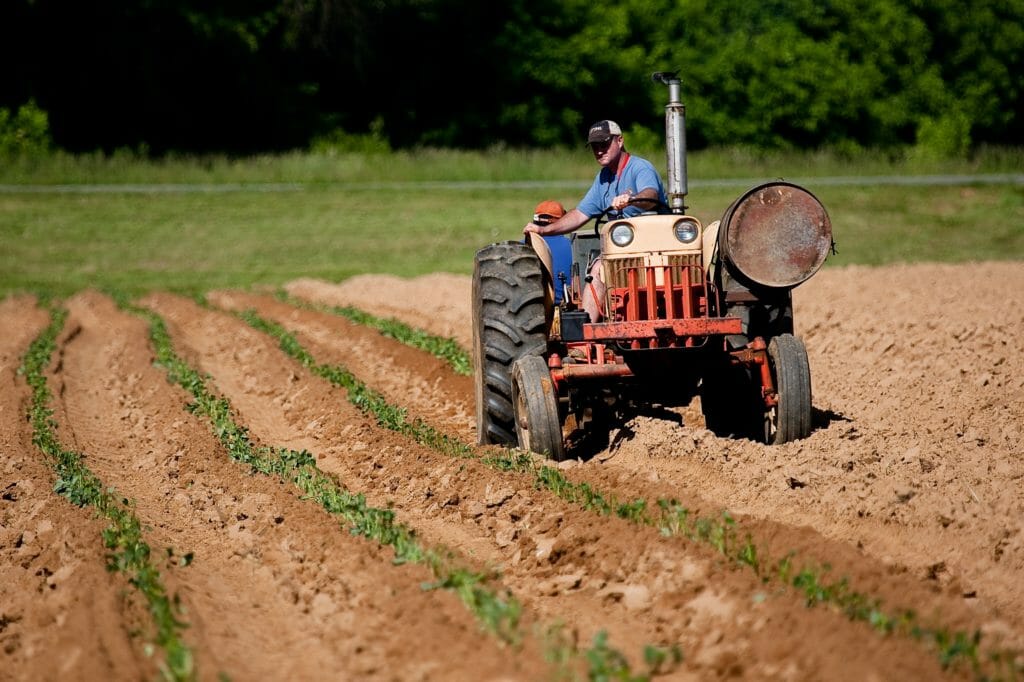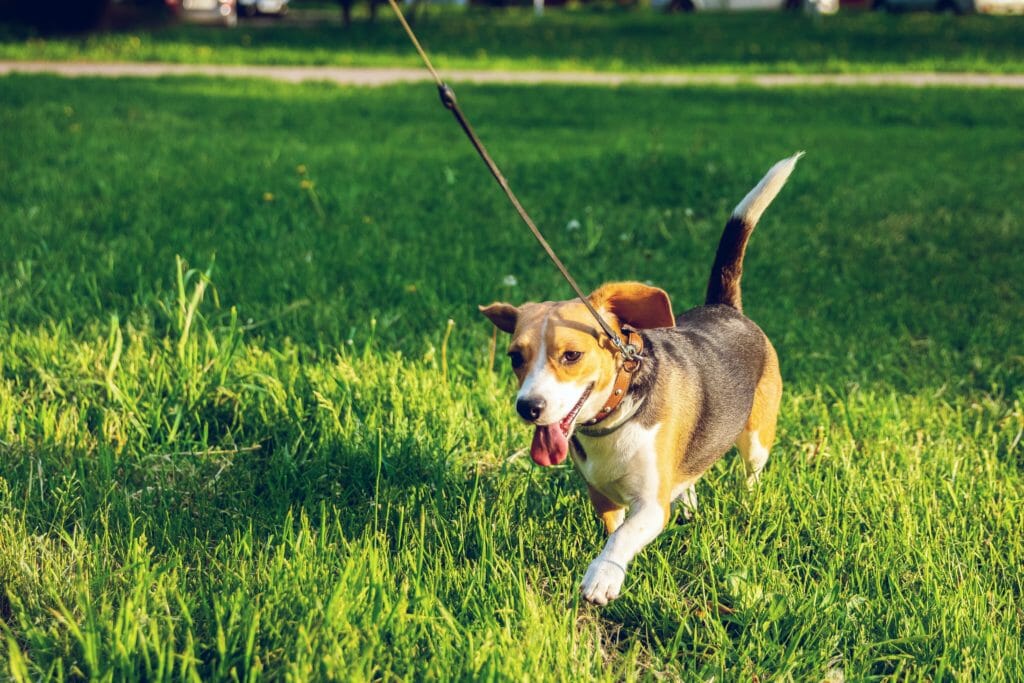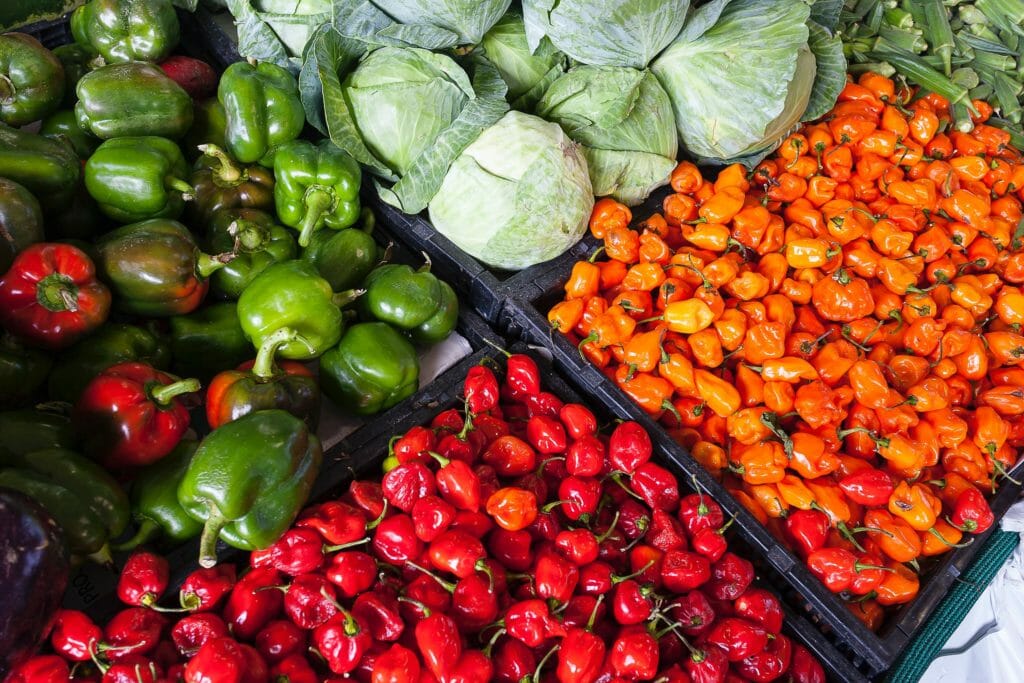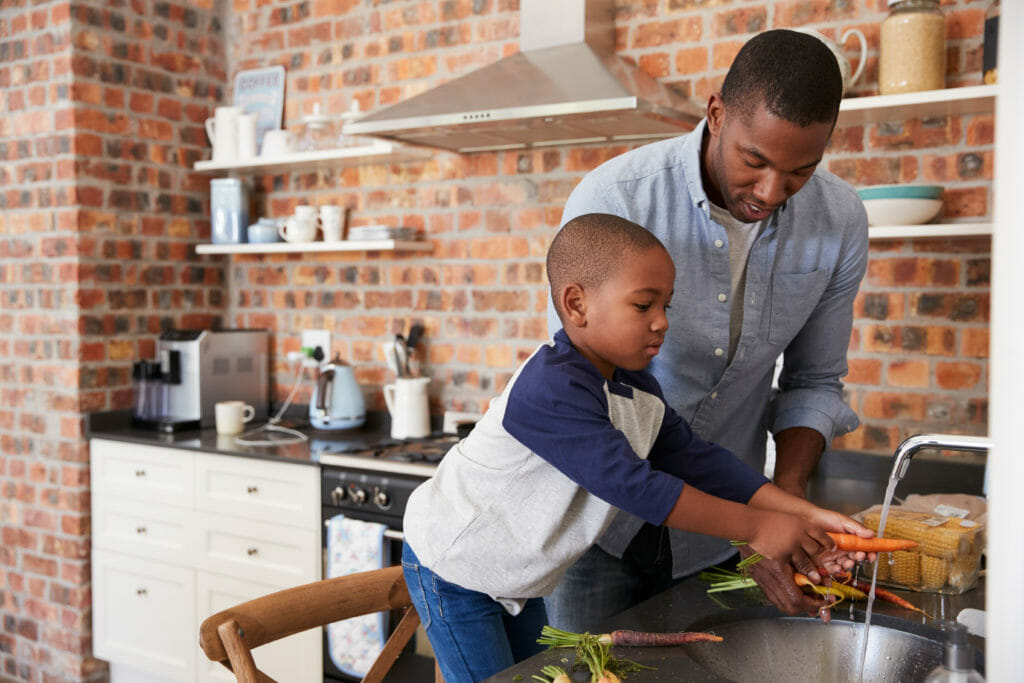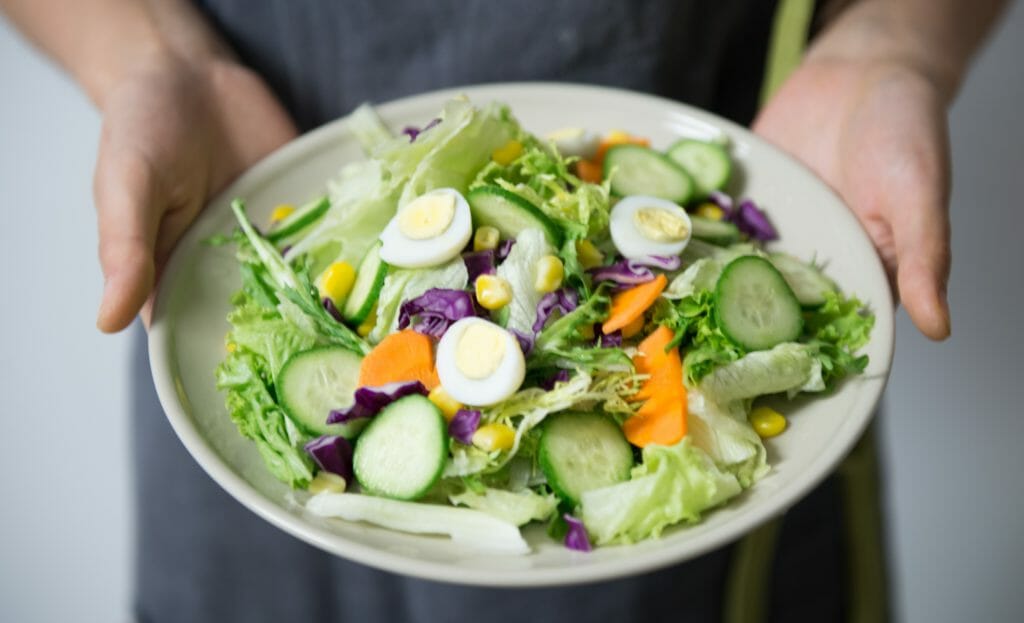How You Can Help Farmers Protect Our Food
What comes to your mind when you hear the word “farm”? Perhaps you picture a huge field with stalks and vegetables. Many people don’t think about farms providing safe food for our families to eat.
Food Safety on the Farm
Food safety on the farm is not usually front of our minds on a day-to-day basis. But when a food recall makes the news, we may wonder are farmers keeping our food safe? Even though recalls happen, farmers work hard to keep the food they grow safe.
Farming Food Safety Culture
There is a food safety culture on farms. The farmers work hard in many ways to keep food safe. One major way farmers do this is complying with the Food Safety Modernization Act of 2011. Part of this law created the Produce Safety Rule. This rule built stricter requirements and accountability in keeping food safe for human consumption. You can learn more about the act and what the requirements on the FDA’s website.
The Rule, Farmers and Consumers (Us!)
Part of the Produce Safety Rule is that farmers must do their best to control for contamination that may be caused by animal feces. To keep animals out there are some controls that can be put into place to keep contamination to a minimum.
Barriers: Farmers will use fencing to keep animals and other unwanted items, such as trash, out of the fields. They might also post signs notifying people that the farm is private property and to keep out. While farmers are doing these things to protect the fields, it is important to understand why they are doing this.
Consumers: It may be tempting to go into a field to look at the growing plants, but it really isn’t a good idea. You might accidentally bring in contaminants on your shoes.
Pets: If you live in or are visiting an area with farms, keep your pets on a leash. Domestic animal poop can contaminate a field. Keep pets off to the side of the field. It is also necessary to pick up your pet’s waste. You wouldn’t want your dog to poop in your home garden, so don’t let them poop in the farm field either. Just remember a domestic animal’s waste could introduce bacteria that can cause contamination, and ultimately, it could lead to foodborne illness in the community.
An example of animal waste contamination is the romaine lettuce E. coli outbreak in 2019.
The bottom line? Stay out of fields, keep pets out of fields, and if you walk near a field, pick up your pet’s waste. Even if pet waste isn’t in the field, water flow could carry it into the field and cause contamination.
Help Farmers Maintain a Safe Food Supply
We all need to keep out of fields and dispose of unwanted substances in an appropriate way. Farmers will keep working hard by planning and documenting what they do to maintain a safe, healthy food supply.
Importance of Food Safety at Home
The farmers do their part to bring us safe food. However, food safety doesn’t end at the grocery store. It continues at home.
To keep your food safe at home, follow the Partnership for Food Safety Education’s Core Four Practices:
- Clean: wash your hands for 20 seconds with soap and water. Keep kitchen utensils and surfaces clean.
- Separate: keep raw meat, poultry, seafood and eggs separate from foods that are ready-to-eat, such as salad, bread and produce.
- Cook: use a food thermometer to cook foods to the correct internal temperature that will kill bacteria that cause foodborne illness.
- Chill: keep cold food cold and promptly refrigerate food to 40 °F or below. Keep a thermometer in your refrigerator to make sure it is at the correct temperature.
We can have confidence that modern preventive practices will soon be in place, no matter where in the world food is produced. The Produce Safety Rule, along with other FSMA-mandated rules to regulate food production, importation and transportation, will better protect us all from foodborne illness.
Melissa Wyatt is an Area Assistant Agent, Family Consumer Health Sciences with The University of Arizona. She is a BAC Fighter Ambassador who is passionate about nutrition education, food preservation and cooking classes.
